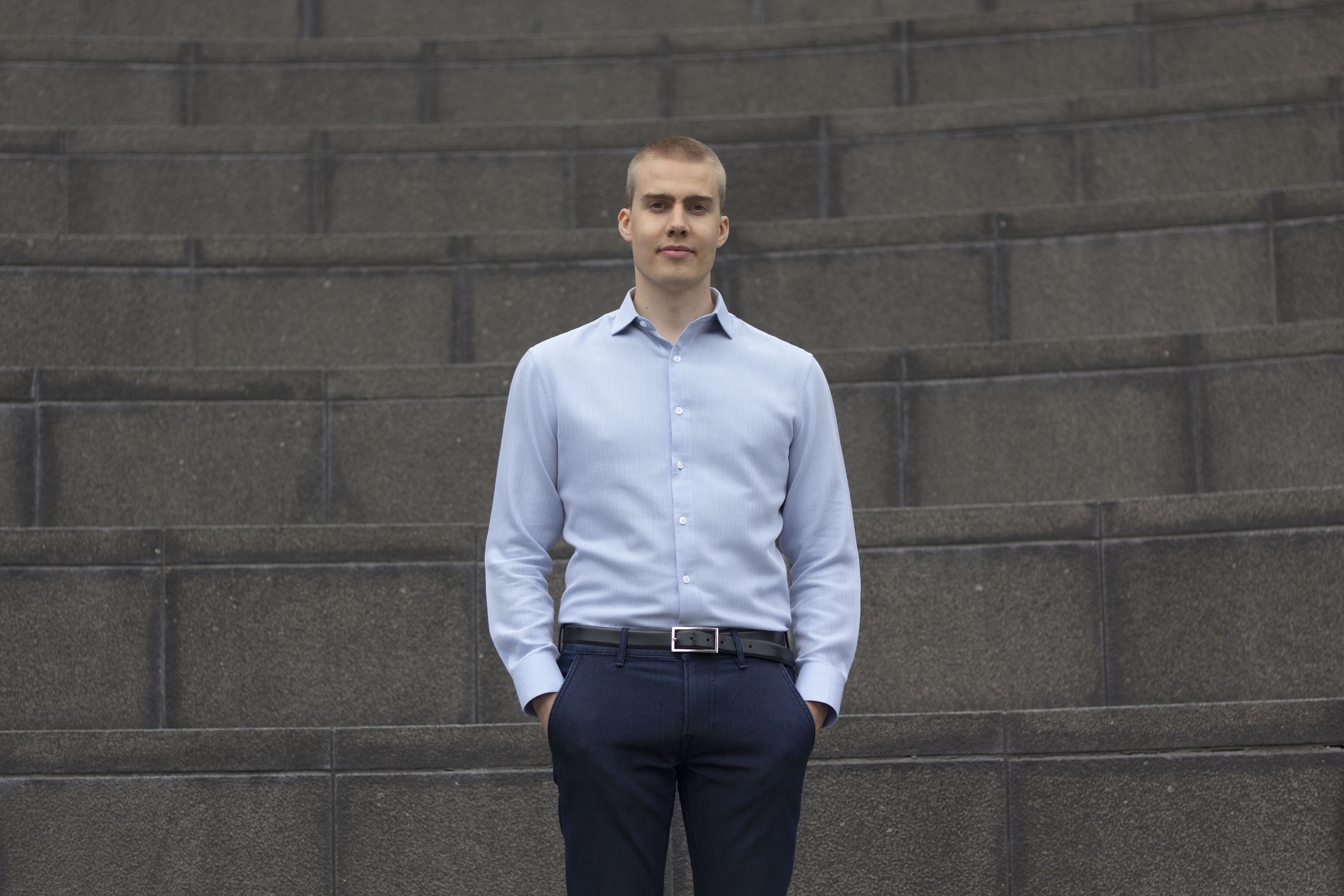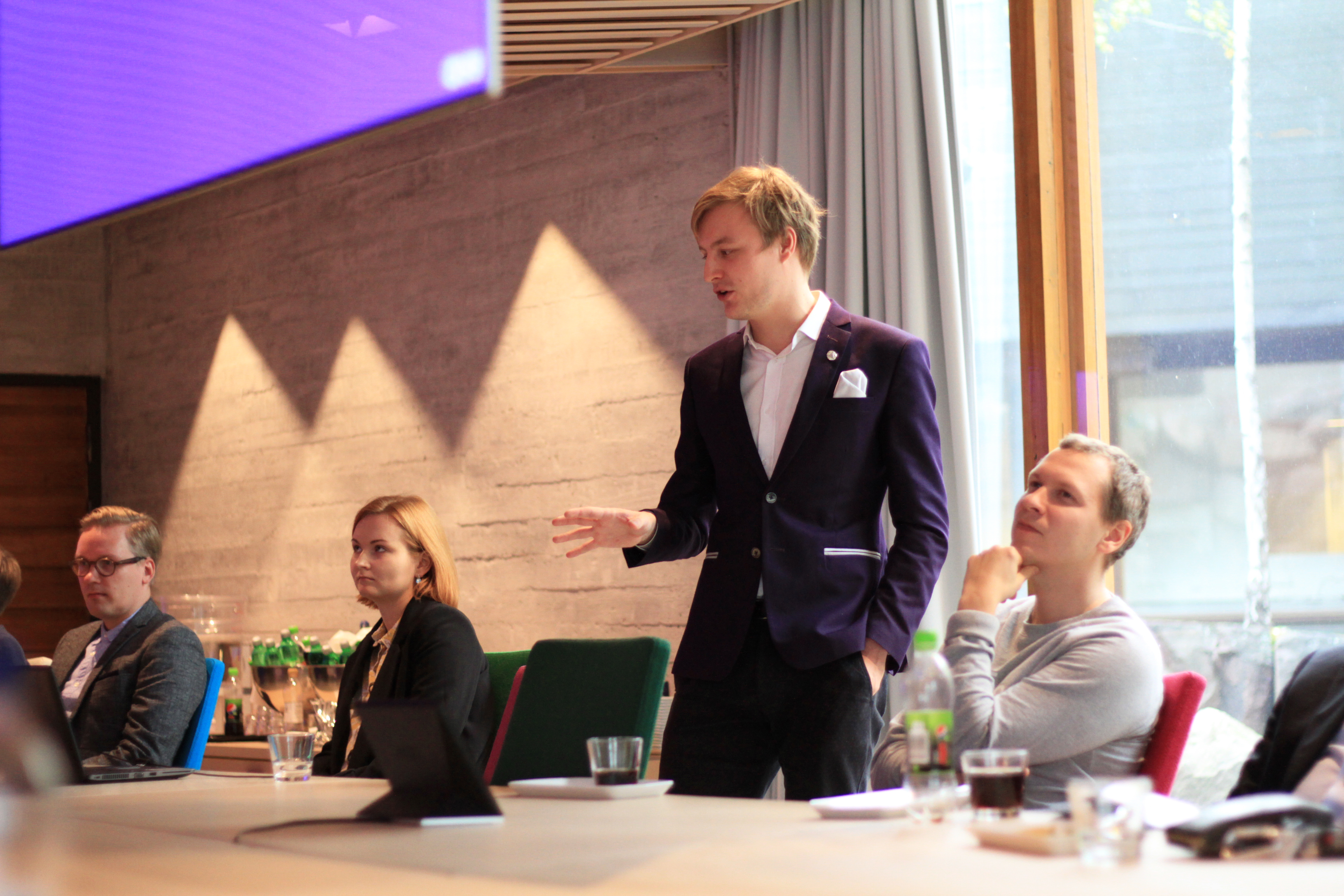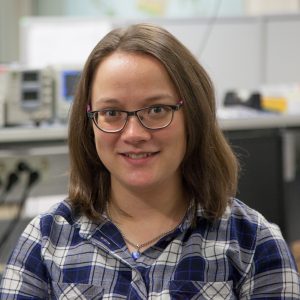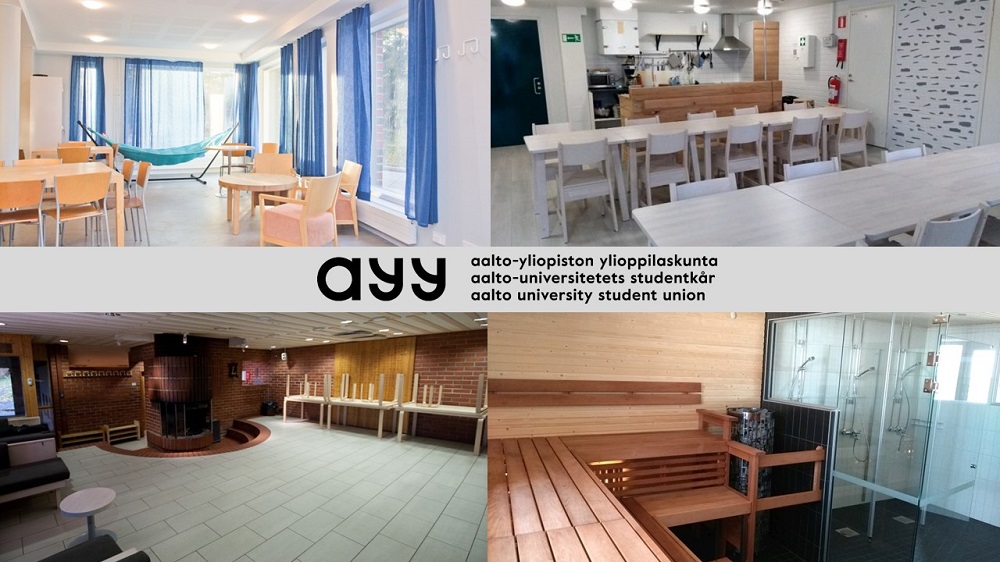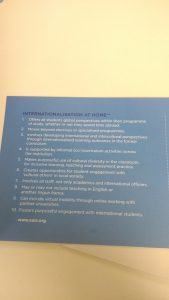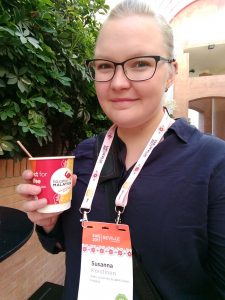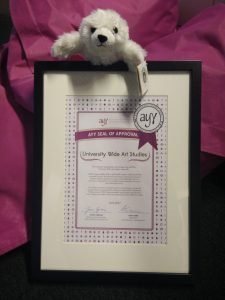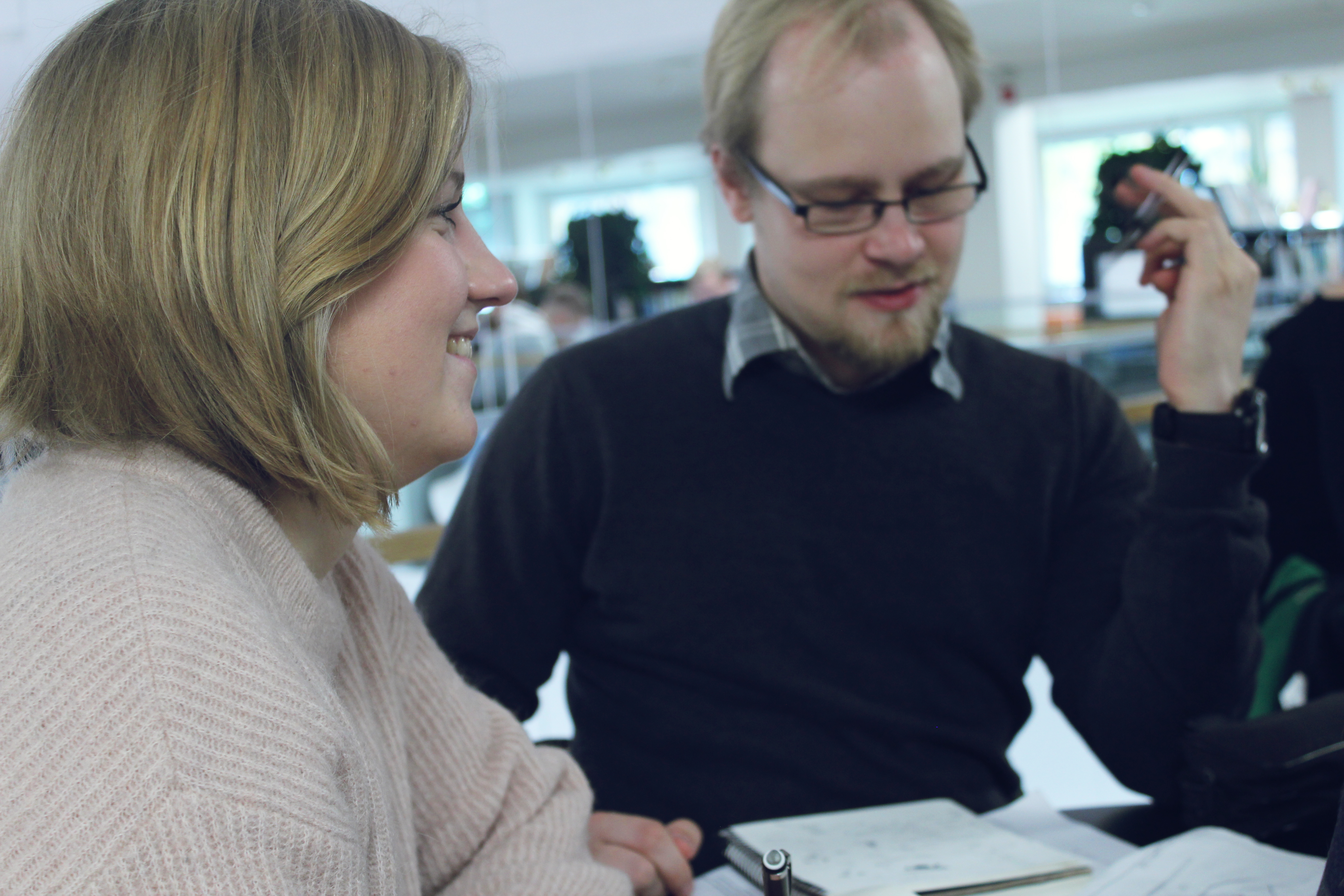
1. Standing out
You have sent your application and want it to stand out in the eyes of the employer. Job adverts often feature a phone number for the person you can ask for more information on the available position. Do not be afraid to get in touch, but only make the call if you need to. A phone call like this is meant for asking questions about the offered position and to make the recruiter remember you, but you can do this the wrong way and leave a careless impression of yourself if you ask about things that are clearly stated in the job advert.
2. Preparation
A successful application gained you an invitation to an interview? Splendid! Carry on making a good impression by preparing for the interview carefully.
Get to know the organisation in more detail. Think in advance about what you might be asked in the interview and how to answer these questions. However, be sure not to learn your answers by heart, as practised answers will be spotted and learning them by heart makes you appear ingenuine which, in turn, questions your know-how. Also, think about what additional information you yourself would want on the organisation or position and ask these questions at the end of the interview if the topics have not come up otherwise. An interview, you see, is also an opportunity for you to assess whether you really want to work for this organisation and in this particular position.
The most common question in job interviews is “why should we choose you above others.” Prepare to answer this with a short elevator pitch in which you summarise the suitability of your skills, motivation and personality in relation to the position in question.
3. Interview
Everyone gets nervous about being interviewed, but try to relax and be yourself. This does not mean, of course, turning up in a tracksuit or throwing your feet on the table as you arrive. You often hear people wonder what they should wear to a job interview. Here it is: clean and tidy clothes, that’s all.
Bringing something to take notes with to an interview is perfectly ok. However, you should use a pen and paper instead of your phone or tablet, for example, as mobile devices will definitely distract you. In any case, make sure to put your phone on silent and out of sight.
Bring your work and study certificates or a portfolio of your work samples to the interview and offer them to the employer for reading through, already at the beginning of the interview if you like. Make sure that all certificates and samples are in order of relevance and neatly presented, not crumpled and in separate plastic folders or envelopes.
At the interview, listen carefully to what is being asked and, if necessary, ask for clarifications. Everyone is sure to have “frozen” in an interview some time, so do not get upset if this happens. Take a deep breath, try to relax and maybe ask to hear the question again.
In your answers, it is advisable to be honest and not to exaggerate your skills. You must also never slander your previous employers, even if you have left them on bad terms. You should also be honest if you are asked about also applying for other jobs at the same time. If the recruiter really sees you as an interesting applicant, knowing about your other applications can speed up the employer’s decision-making.
4. References
Job applicants often have previous or current managers in their references but, when changing jobs, for example, it is understandable not to want to tell your boss about applying for another job. It is not necessary to have your manager as a reference; they can also be someone who has followed your work up close and who can give information relevant to the position – that is, a colleague, collaborative partner or representative of another interest group. Additionally, you can have different references for different kinds of positions. I have heard of an applicant who, after an interview, asked the interviewer to give them a reference. This is not that recommendable, however, as your references should be people who are very familiar with you and your skills.
Make sure to ask for permission to name someone as your reference, so that they know to expect a possible contact from the recruiter.
5. Aptitude tests
Many places want to ensure the aptitude for the position of the applicants selected to proceed from the interviews before they make a decision. There are many kinds of aptitude tests and assessment methods, and their contents vary greatly depending on the position. The “trick” of aptitude tests is that an applicant is rarely able to cheat in them. A carefully designed test lasts several hours, possibly a whole working day, and often includes both individual and group tasks as well as a personal interview with each applicant. For this reason, participation in the test and feedback received from it offers the applicant tools to work on their personal strengths even further.
It is not advisable to refuse an aptitude test even if it makes you nervous, as not participating is pretty sure to eliminate you from the recruitment process. If you are invited to an aptitude test, you can, in practice, prepare for it the same way as for an interview, i.e. relax, be yourself and think about your personal know-how and how it could best be used in the position you are applying for.
6. Selection
It is not good for anyone to have the recruitment process drag on for weeks or months. If the recruiting party has not informed you of the schedule of the process, it is advisable to briskly ask about it already at the interview, so that you can plan ahead your job hunting.
When making their decision, the recruiter is looking for the person who is the best fit for their organisation as a whole. Hence, in addition to skills and experience, the selection can also be influenced by suitability to a specific team, for example. So, remember that even if you were not the most suitable person for one organisation, this does not mean that you could not be the best choice for another.
If you are not selected, it is definitely advisable to ask for feedback on the process, so that you can improve your performance for your next recruitment process.
Finally
Job hunting can be exhausting if you keep getting turned down. Do not give up hope but stay positive! There is a position for you out there – just you wait!
Anything lacking in my article? Share your own tips in the comments!
Johanna Pietiläinen
AYY Administrative and HR Manager
